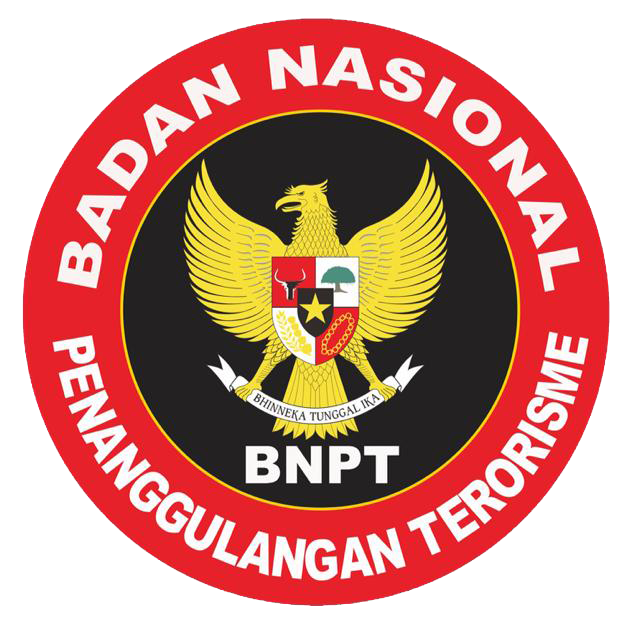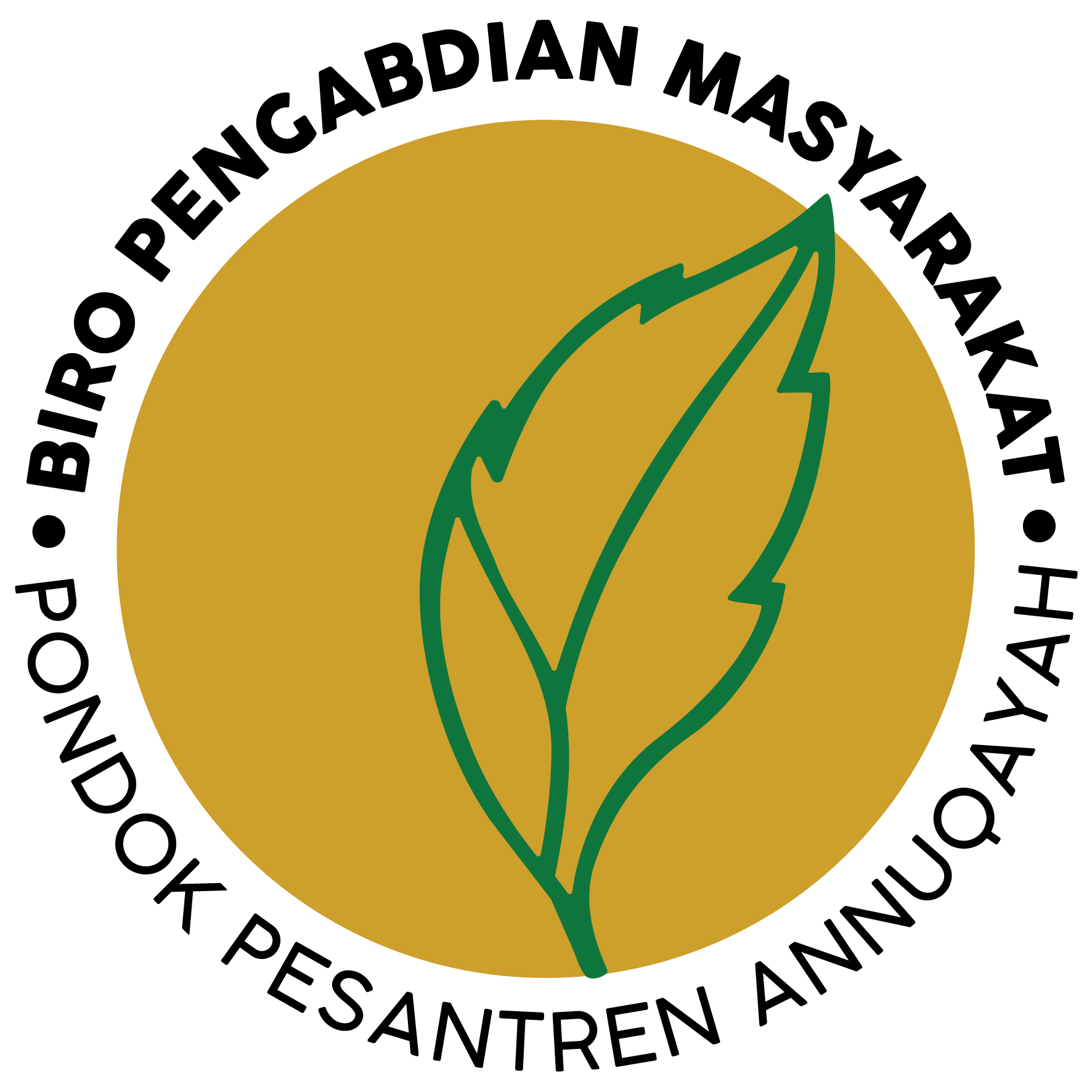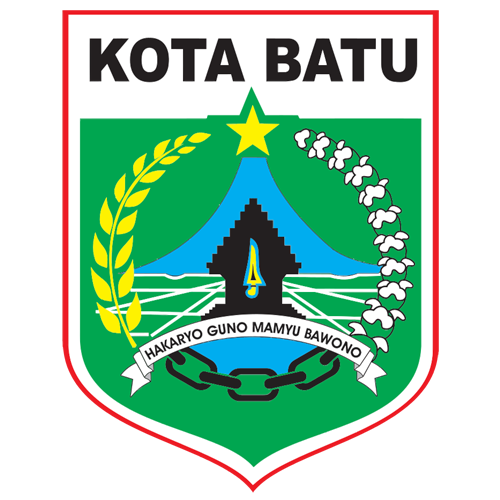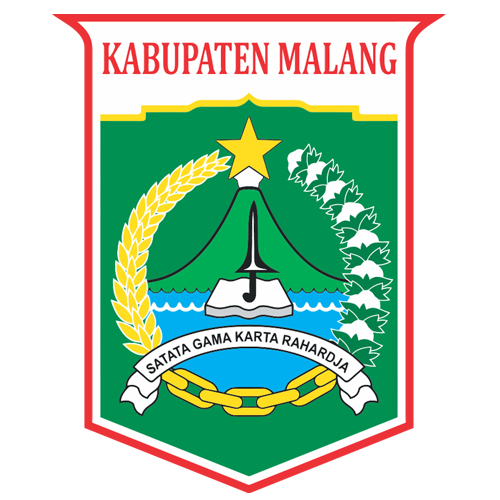Strengthening Peace Village Womens Resilience During Pandemic

The world is being impacted by the COVID-19 pandemic, affecting its international socio-economy. The current situation causes women to be the most vulnerable group. The World Economic Forum (WEF) in April 2020 released three main issues that placed women as a vulnerable group during the pandemic. First, the WEF data shows that 70% of health workers are women. Second, domestic violence has increased during crisis. Third, women earn less than men (WEF; 2020). Women have an added burden of ensuring that their children’s home learning runs properly, and face complex financial troubles, particularly experienced by married women and women entrepreneurs, that potentially trigger domestic violence. This economic crisis has specifically affected 1,088 women in the Peace Villages, 95% of whom are informal workers who rely on daily income from small and medium businesses.
In Indonesia, COVID-19 cases are reported in almost 34 provinces, wherein Large-Scale Social Restrictions (LSSR) have been implemented. This decision has pushed villages as social entities to more massively engage all community elements to optimize the prevention of the COVID-19 outbreak. Since East Java was declared a red zone, the Candirenggo village officials in Malang Regency, East Java, have implemented a strict preventive protocol by limiting the activities of residents in and out of the village. It was known that Malang Regency became a red zone from May to July 2020 with Candirenggo having the second largest number of cases. This situation has made a significant impact on residents, especially the Peace Village community including women, who are merchants, farm workers and seamstresses. This problem is aggravated when husbands have to stay home without income.
Nunik, for example, who is a seamstress, practically has not received any sewing orders since March. Yet, prior to Eid, she usually earns an increase in her income. This condition forced her to rack her brain to survive the financial crisis. She joined the Aneka Kreasi group assisted by the Peace Village to make patchwork masks. By making use of women's community coordination groups, they promote each other's products and services. For women's groups, the pandemic triggers them to respond to the crisis by finding creative ways to make use of the local potential.
Yuli, one of the facilitators in Sidomulyo Batu Peace Village, also shared her experience about the resilience of the women's community, which are deeply affected economically, and the business marketing skills provided by the Wahid Foundation are useful. "The majority in Sidomulyo are flower farm workers and during the pandemic there was no market for flowers, forcing us to switch to selling any goods that can generate money such as vegetables, staple products. In the end, we made the slogan UD DORANG, which stands for Usaha Dagang Dodolan Sembarang (Random Goods Trading Business)," she explained while joking.
Nunik and Yuli are just a few snapshots of women who are responsive to seek solutions to meet their family’s financial needs in times of crisis. The economic emergency is no longer an issue that each individual has to face. The government and civil society also need to work together so that this crisis will not generate further social problems that spark conflicts. UN Women and the Wahid Foundation coordinate with the village government to engage in discussions on prevention and management of socio-economic crises in Peace Villages during the pandemic. In addition, these two institutions are working together to disburse financial capital stimulants and staple food packages to the women's community as part of a mechanism for protecting women and children amid the COVID-19 outbreak. These provisions aim to meet the community’s basic needs by mitigating the economic impact of the pandemic, and to prevent the potential for domestic violence.
A Peace Village working group member in Candirenggo named Sendy, who was involved in the aid distribution, added that the staple food packages such as rice from the Wahid Foundation was sufficient for one month. She further said that the current condition was really difficult for almost all women because they were the ones that managed domestic needs, particularly the food supply. In addition, many women did not receive government assistance, so the aid from the Wahid Foundation was highly valued. The women's community managed to reduce spendings on basic necessities as a survival strategy during the crisis by adjusting household budgets.
It requires cohesiveness between local governments and civil society to prevent and handle the COVID-19 outbreak. There are at least three strategies that can be applied in strengthening women's resilience during the crisis. First, opening up space for sharing and participation. Both the women’s participation in informing residents about health protocols, and the updating of COVID-19 developments in Nglinggi Village RW (Community Unit) were highly effective in building communication within the community. In the WhatsApp group of Working Groups coming from 9 Peace Villages, members communicate more intensively on strategic information and activities in each village during the pandemic. This communication builds moral responsibility and humbleness among the Peace Village networks in providing support from the village government to the women's community, and vice versa. Second, direct financial assistance is needed to overcome the economic shortcomings so that food needs, as part of their right to food, are met so as to reduce household problems. Third, social solidarity is crucial to strengthen social cohesion by ensuring the involvement of women in decision-making processes in the village. In Candirenggo and Sidomulyo, women are actually involved in COVID-19 prevention efforts by spraying disinfectants in public places. Collaboration between the community and the village government to build solidarity was also shown in Tajurhalang Village, Bogor Regency, during the aid distribution, which involved various community elements, including interfaith groups.
During the pandemic, community members, especially women of low income, do not have many options to survive unless they receive intervention from the government. Unfortunately, Indonesia faces challenges in the human resources, bureaucracy and management sectors leading to social and economic issues that have not been handled optimally. The provisioning of financial assistance is a solution to solving the root cause of social tensions arising from the crisis during the pandemic. (SK)















